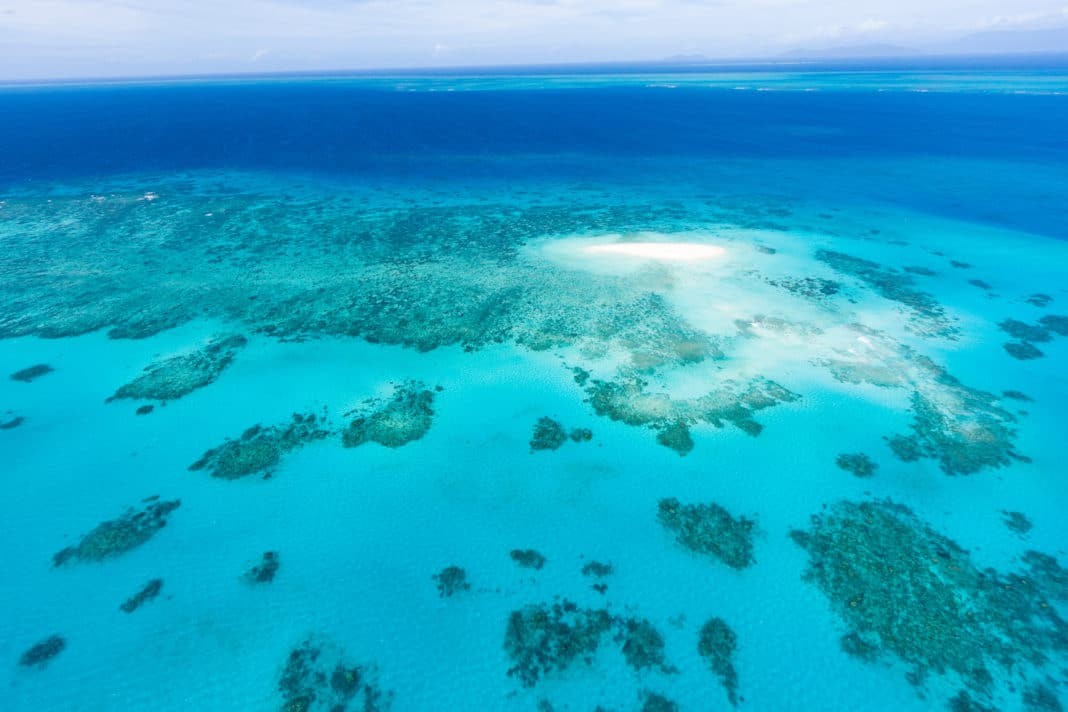Researchers have found that previous and ongoing approaches to managing Australia’s Great Barrier Reef aren’t helping to mitigate threats from climate change and the related losses of species and habitats.
The study, written by Wade Hadwen from Griffith University’s Australian Rivers Institute and Lisa Walpole from Alluvium Consulting, was published in the journal Ecology and Society.
In the wake of yet another mass bleaching event as well as the United Nations calling for the reef to be listed as “in danger,” Hadwen says more work needs to be done:
“In this study, we were able to review the management plans of key stakeholders in the GBR region and explore evidence of the willingness to accept environmental change — and the scientific evidence which has been talking about climate threats for almost five decades — through the lenses of environmental grief and resilience thinking concepts.
“Despite the huge ongoing investment in reef protection, few components of the reef management program have fully incorporated climate change and recognized that changes in the ecosystem are occurring now and are inevitable.
“This analysis highlights how the strategic planning environment for the GBR is lagging behind the state of knowledge.”
Check out the full study here.

